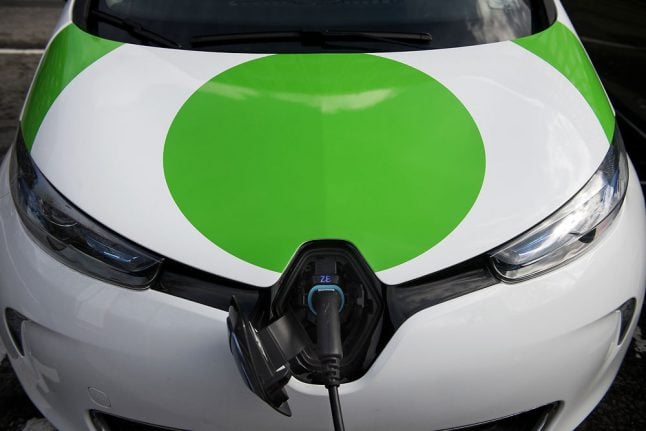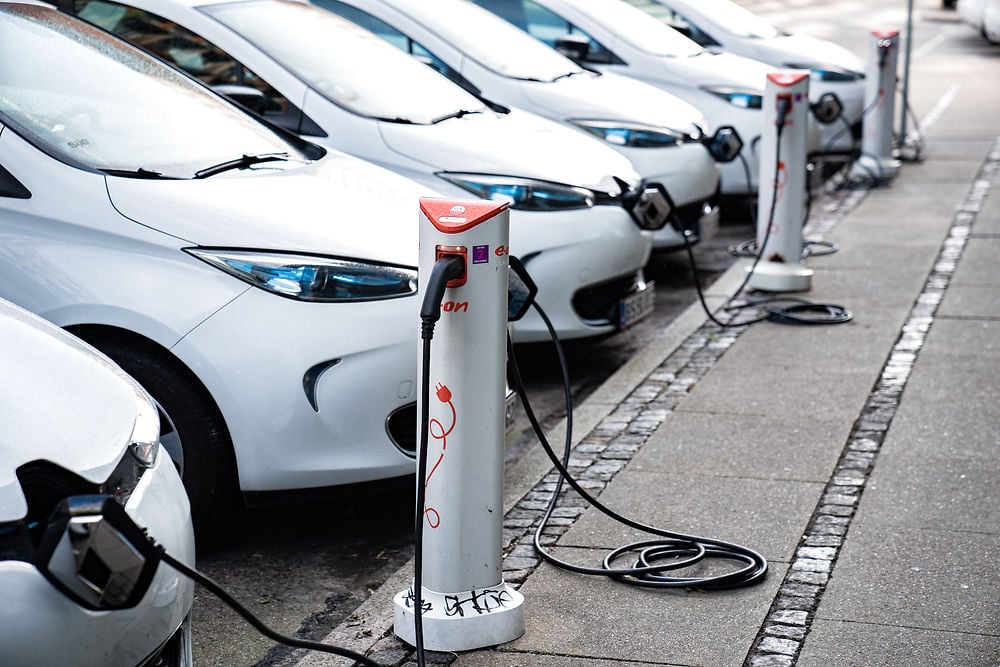But the high price tag on green vehicles and the limited range of electric cars are both factors which deter potential buyers, a new study from Bilbranchen has found.
After years of inertia, the market for green vehicles in Denmark now seems to be getting into gear.
A new analysis from industry representative organisation Bilbranchen shows promising signs for the sector, writes dibusiness.dk. Bilbranchen is a member of the Confederation of Danish Industry (Dansk Industri, DI).
“The data shows that now every eighth Dane wants their next car to be electric. Four out of ten Danes would like an electric or hybrid car, and sales figures indicate that green vehicles are already gaining traction among the public. In the first quarter of 2019 almost every tenth car sold was electric or hybrid,” said DI director Thomas Møller Sørensen.
But the numbers also show that fully electric cars in particular still face tough competition from traditional car types.
Challenges include relative expense compared to petrol and diesel cars; the range of electric vehicles being too short for the consumer’s transport needs; and lack of charging facilities where the car is usually parked.
“Although consumers are increasingly embracing green cars, the same obstacles continue to stand in the way of green vehicles truly taking over the market. And this is something we need to take seriously,” Sørensen said.
“Price is the most important reason why there aren’t more people buying electric cars. The price difference between car types will probably decrease over time, but the price problems won’t solve themselves within the foreseeable future. That’s why we’ll still need long-term measures to support sales of green vehicles for a number of years to come,” he added.
The range of electric cars has improved significantly in recent years, but if it still cannot satisfy individual transport needs, a hybrid car may be the solution.
The issue of range is also linked to the third-greatest obstacle to green vehicle sales: the availability of charging ports whenever and wherever the need arises.
“In Denmark we actually have quite an extensive charging infrastructure relative to the number of plug-in cars, but consumers obviously want to be able to charge their car wherever they usually park. This could be right outside their home or workplace,” Sørensen said.
“This is a problem that will gradually be solved as the green vehicle fleet grows larger and more players see potential in fulfilling that need, including for fast charging,” he added.
READ ALSO: Danish government boosts electric cars, puts out fireplaces in extensive climate plan



 Please whitelist us to continue reading.
Please whitelist us to continue reading.
Member comments